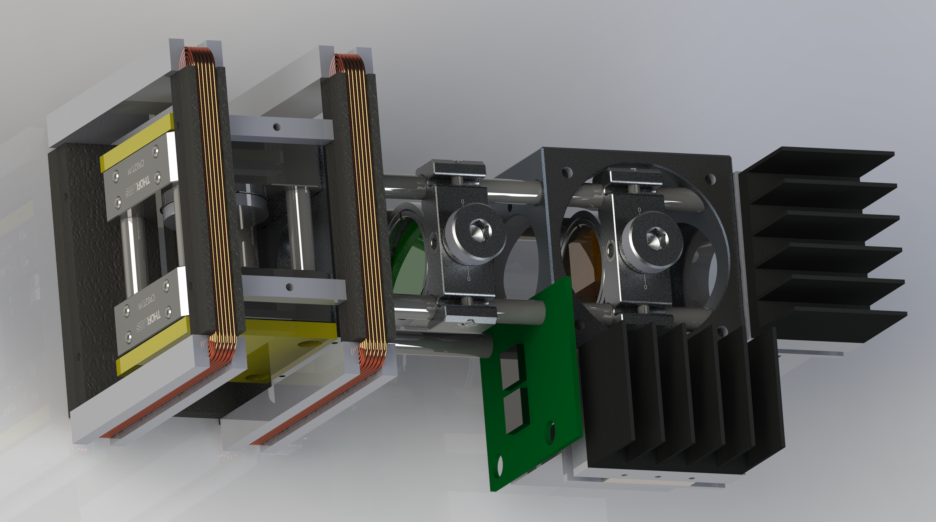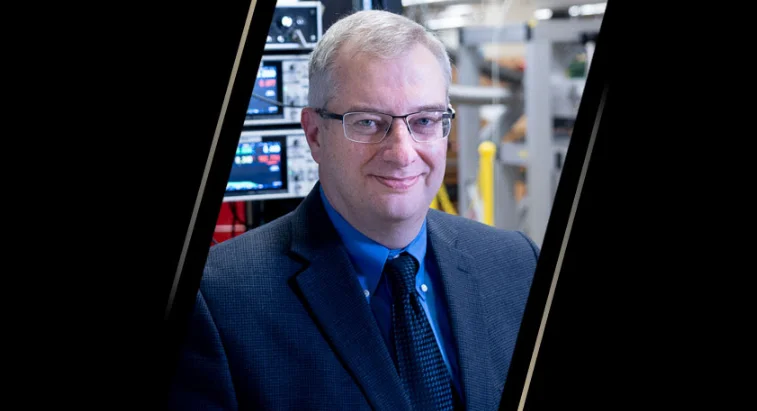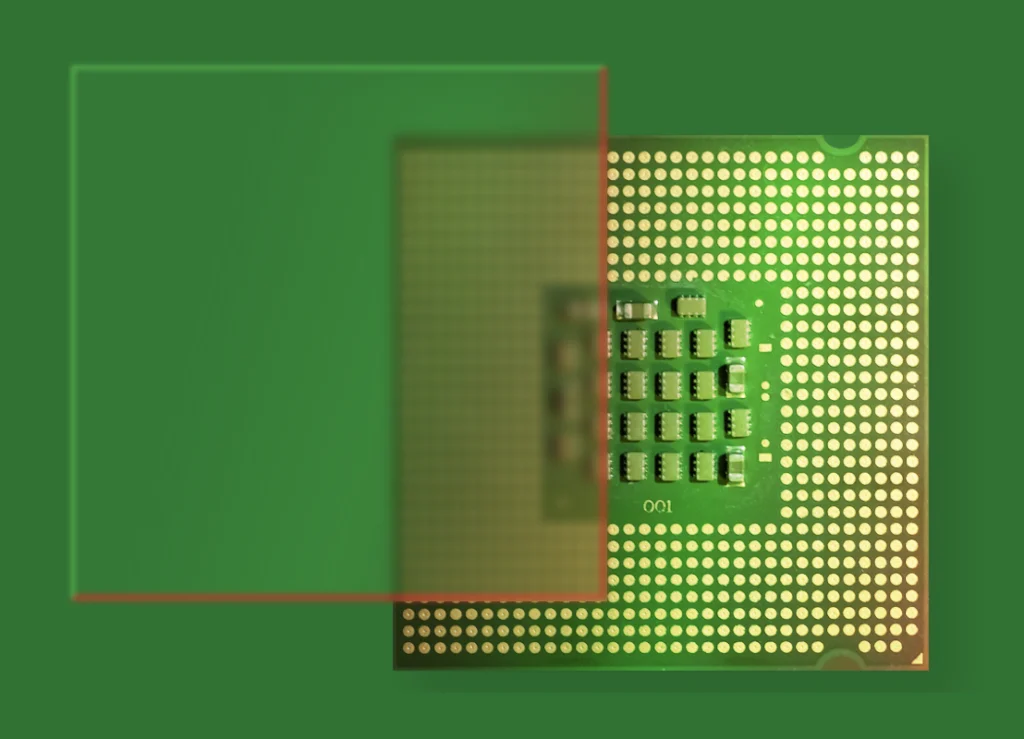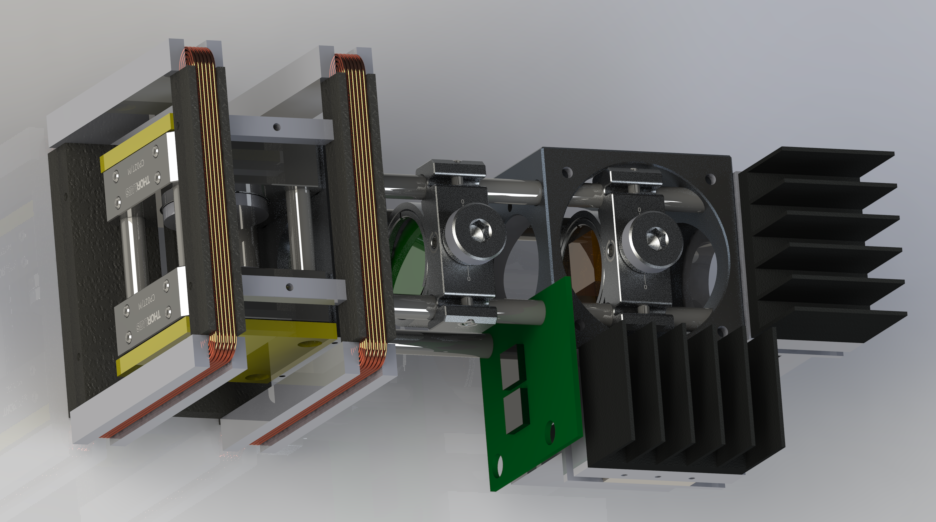
$300M
The quantum sensor market is a sector that is set to grow exponentially in the coming decade as the underlying technology behind it — namely quantum mechanics — is understood more. Already we can see a plethora of companies with names like Apogee Instruments, Hamamatsu Photonics, Ligentec, Miraex, and Nomad Atomics involved in this nascent industry with others set to join them soon.
In 2020, Market Research Future, one of the leading market analysis companies, published a report Quantum Sensors Market — Forecast to 2027. In it, they expect the industry to reach $300 million by 2023, registering a 5.49% CAGR during the forecast period (2018–2023).
With the technology still a work in progress, fully operational quantum sensors have several uses such as in microscopy, positioning systems, communication technology, electric, and magnetic field sensors, along with applications in research for mineral prospecting and seismology.
Another company offering products similar to, as well as different from, the players mentioned above is Austin-based Q-Sensorix, a member of the Quantum Economic Development Consortium that design and manufacture quantum-based sensors to measure rotation, electric and magnetic fields, temperature, and pressure.

Our goal is the development of a solid-state, compact, diamond-based gyro competing with best MEMS devices in terms of their sensitivity and significantly surpassing those with respect to bias stability
— Q-Sensorix
Q-Sensorix
The Texas startup was founded in 2019 by Russians Alexey Akimov, Vladimir Shalaev and Yuri Lebedev. Boasting access to the highest-level scientific and engineering expertise and world-class experimental and testing facilities hosted by major scientific institutions in the United States and Russia, the ultimate goal of Q-Sensorix is to improve upon modern navigation devices and their reliance on GPS.
The company will achieve this with a team of talented researchers led by Ph.D./Professorship-level advisors, backed by a number of recent patents as well as research articles based on nitrogen-vacancy centers in diamond.
According to the company’s website
The idea of combining MEMS(1) gyros with GNSS(2) receivers involved the use of external measurements from the GNSS with a goal of limiting error accumulation in the MEMS gyros’ data. However, GNSS availability is limited indoors, underwater/ground, and in areas with a high concentration of tall buildings. Additionally, devices capable of introducing errors into GNSS signals are now widely used in many states. The proposed quantum gyro can help address this issue, as its Bias Drift is almost zero, which reduces its reliance on external measurements
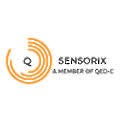
Q-Sensorix’s belief that its technology has the potential to impact the automotive, aerospace, defence, marine, robotics, VR, oil and gas, mining and other sectors, indicates the startup and its novel IP are in the right place at the right time.
With QuSpin and SBQuantum and the startups and companies already highlighted, Q-Sensorix can trailblaze the sector and revolutionize our lives and the lives of people not yet born.
If you found this article to be informative, you can explore more current quantum news here, exclusives, interviews, and podcasts.

